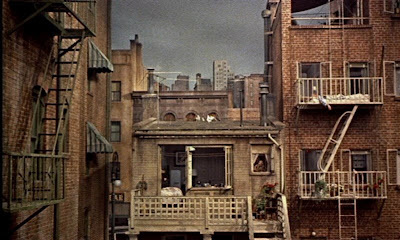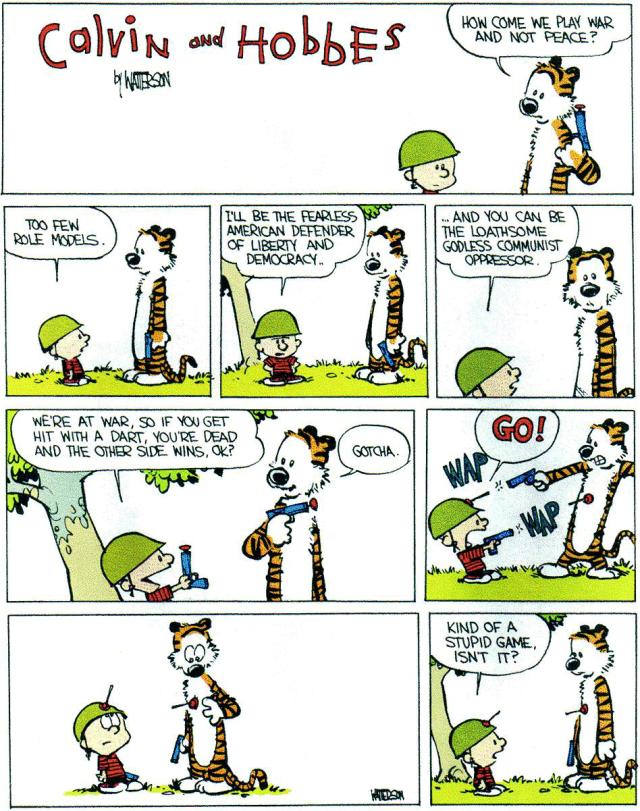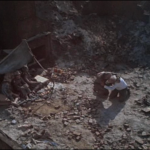[kml_flashembed movie="http://vimeo.com/1458200" width="400" height="302" wmode="transparent" /]The Pervert’s Guide to Cinema
Slavoj Žižek presents his ideas or analyses of films of directors such as Hitchcock, Kieslowski, Tarkovsky, Chaplin, the Marx Brothers, Cappola and others in The Pervert’s Guide to Cinema. When I watched it I thought this would be a great supplementary material for this class because it offers a different perspective on a number of movies we have seen for this class. In this blog entry I will focus solely on the insights I found fascinating on Hitchcock as a director and his films, however, I would definitely recommend this Guide.
So before I begin I want to emphasize that Žižek uses psychoanalysis as his approach to this movies and some might think that he is seeing sexual themes or underlying motifs where there is not. While I will not argue for the Guide as a whole, I do want to highlight that Hitchcock created his films during the period when Freud and psychoanalysis was growing and given more focus in the U.S. Therefore, it is very likely that Hitchcock used these ideas in his films and intended for the viewer if not identify them, then at least subconsciously experience the effects.
In The Birds the son is split between his possessive mother and the intrusive girl. So the violent attacks of the birds of maternal superego, of the maternal figure trying to prevent sexual relations. The birds are raw incestuous energy. Žižek comments on the first attack that happens and explains that when a fantasy object, something imagined, an object from inner space enters our ordinary reality, the texture of reality is twisted, distorted and that is exactly how desire inscribes itself into reality – by distorting it. At the vocal level, anxiety is silence. For example, when the mother finds the dead neighbor, she runs out of the house with her mouth open, trying to scream but no sound is made. This action is much more effective in eliciting anxiety in the viewer as opposed to her running out, screaming at the top of her lungs. This feeling of the sound stuck in her, the implication of a sound but lack of it is unsettling.
In Psycho, events which take place in the mother’s house are at three levels as if they reproduce the three levels of human subjectivity. Ground floor is ego – Norman behaves there as a normal son; up is the superego, maternal superego because the dead mother is the figure of the superego; and down is the id – the reservoir of the illicit drives. We can see how very interconnected the id and the superego are when Norman carries his mother from the second floor to the basement. Žižek mentions a few things about the scene of Norman cleaning the bathroom after the murder: besides the length, the care and the meticulousness with which it is done and the spectator’s identification with it tells us about the satisfaction we find in work or in a job well done.
According to Žižek, the true tragedy of Vertigo is that it’s a story about two people who, each in his or her own way, get caught in their own game of appearances. For both of them, appearances win over reality. Žižek comments that “the first part, with Madeline suicide, is not as unsettling as it could have been because it’s really a terrifying clause but in this very loss, the ideal survives. The ideal of the fatal woman possesses you totally. What ultimately this fascinating image of the fatal woman stands for is death. The fascination of beauty is always the veil which covers up a nightmare. When you come to close, you see shit, decay… The ultimate abyss is not a physical abyss but the abyss of the death of another person.” In the second part of Vertigo, Scotty attempts to make his fantasy come true. “We have a perfect name for fantasy realized, it’s called nightmare.” This turn of fantasy into reality is always sustained by extreme violence. In order for Scotty to want her, to lover her, he has to mortify her, change her into a dead woman.
In conclusion, the overall sentiment that Hitchcock films evoke is that “it’s not that simply something horrible happens in reality, something worse can happen, which undermines the very fabric of what we experience as reality.”
I hope this brief glance at Slavoj Žižek’s ideas on Hitchcock films peaks your interest, I truly enjoyed watching The Pervert’s Guide to Cinema.
[kml_flashembed movie="http://www.youtube.com/watch?v=8sFqfbrsZbw" width="480" height="385" wmode="transparent" /]












 take a look.
take a look.